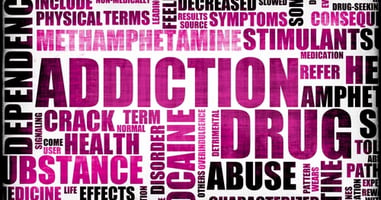Teenagers with attention-deficit/hyperactivity disorder (ADHD) have higher rates of substance abuse...
Studies Find Limited Success of Nonpharmacologic Treatments for ADHD
 |
The analysis by the European ADHD Guidelines Group, a multidisciplinary and multinational group of ADHD experts, found that the positive effects on symptoms reported with cognitive training, neurofeedback, behavioral interventions, and exclusion of foods associated with hypersensitivity were lost when the analyses were restricted to those studies that used unbiased assessments by raters unaware of the treatment allocation. Many of the 54 studies in the analysis incorporated a medication element. Limiting the studies to those in which medication was not used in either the treatment or control arm, or was used by only a small number of patients, reduced the advantage for artificial food color restriction, but the small effect of fatty acids remained.
Read an abstract of the study, which was published in AJP in Advance January 30, here.
Finding effective treatments for children with ADHD can have lifelong results. A recent 33-year follow-up of children with ADHD found a number of negative outcomes later in life. Read more in Psychiatric News here.
(Image: Brian A. Jackson/Shutterstock.com)





